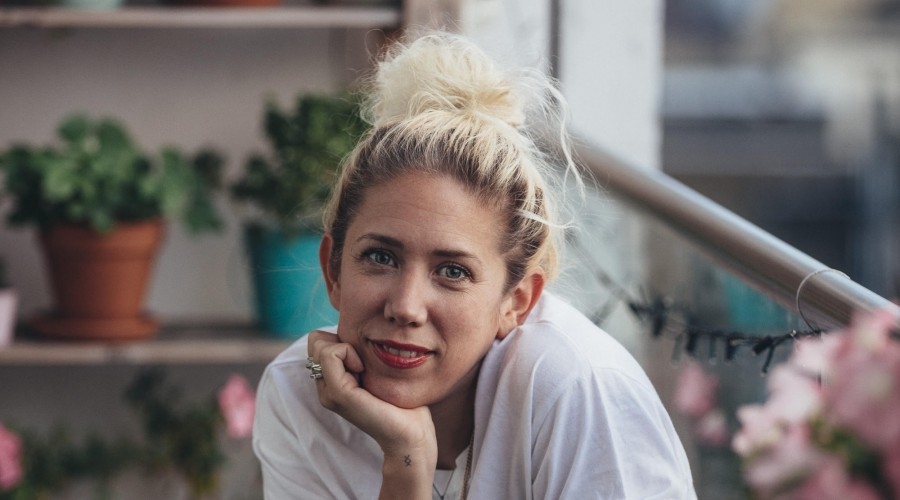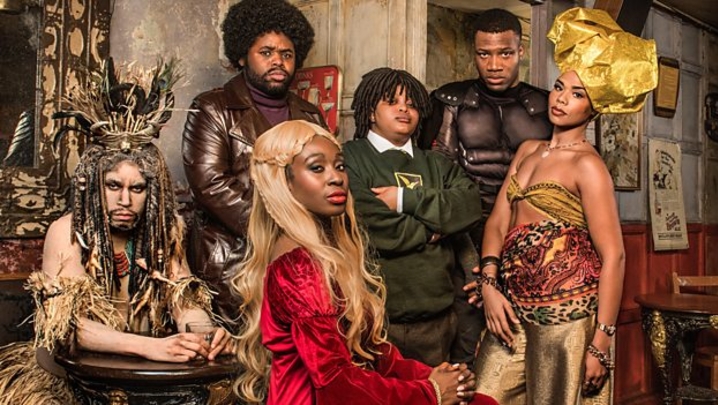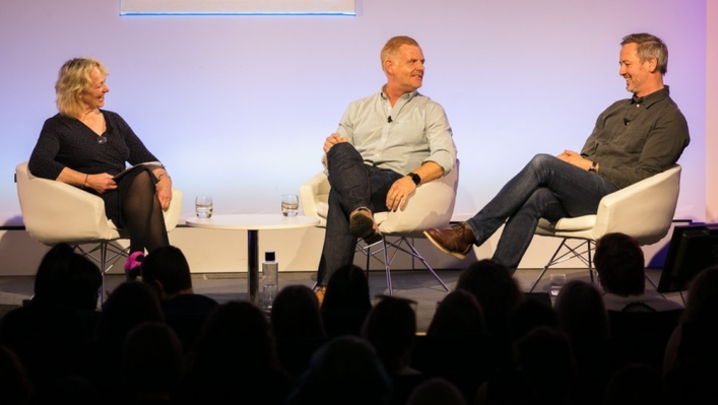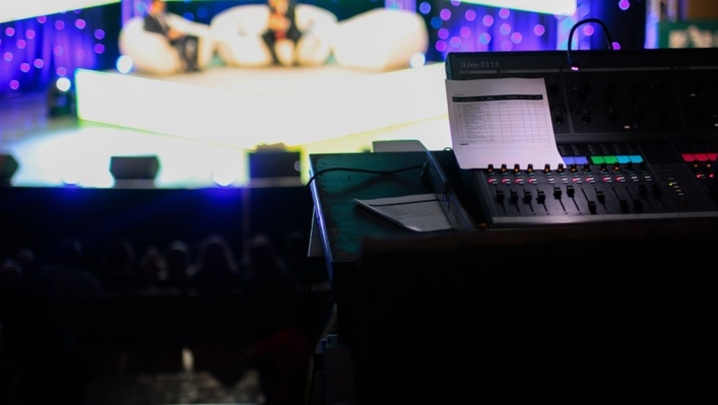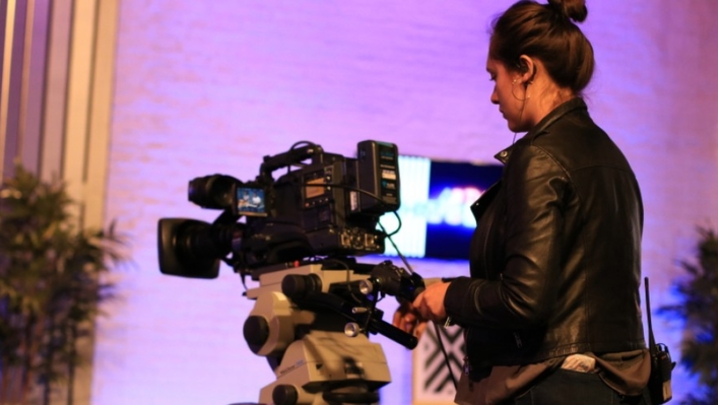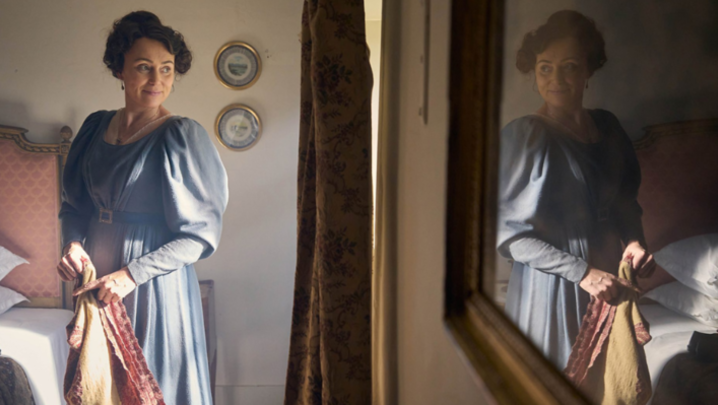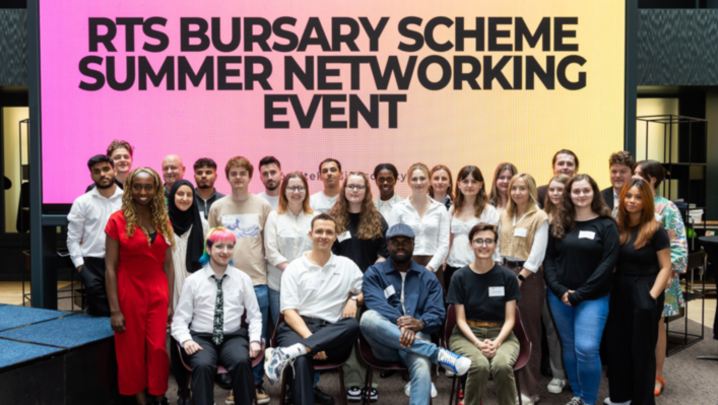Swedish make-up designer My Alehammar has worked on some of the biggest British TV shows in recent years. From high octane action in Stan Lee’s Lucky Man, to an adaptation of Anthony Trollope’s classic Doctor Thorne, Alehammar has worked with some of the biggest names in showbiz. She shares her wisdom on breaking into the industry and what it was like working on her latest project, prime-time BBC drama, Bodyguard.
Alehammar was born into a family of make-up artists. Both her mother and sister are both in the industry, working in fashion. “I started my career when I was about 15/16 in the fashion industry in Sweden.”
She moved to the UK to study film and TV make-up at London College of Fashion and worked in post-production for a few years. “Then I decided I missed make-up but I didn’t want to go back to fashion.”
She’d advise anyone starting out to, “Assist, assist, assist. Assist as many makeup artists as you possibly can. Don't rush to get to where you want to be because you learn so much on the way.”
Learning the ropes from people with experience can be invaluable. One of her biggest regrets is missing out on it, she explains, “Because I'd been working as a make-up artist for such a long time no-one really wanted me as a trainee…so I feel like I missed out on all the little tricks and trades that everybody learns from being a trainee.”
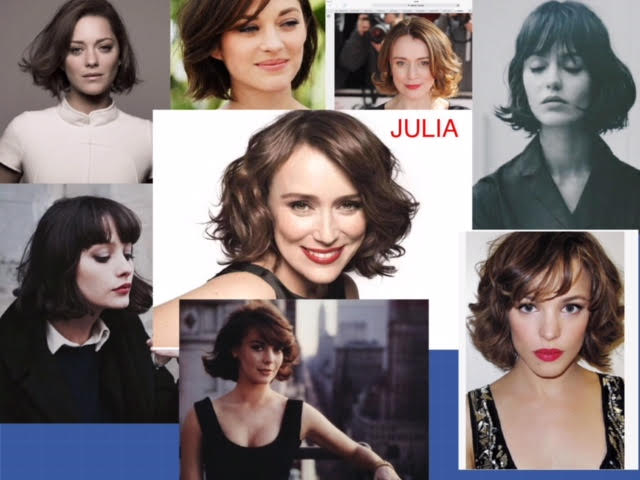
(Credit: My Alehammar)
The best part of the job, says Alehammar, is the people, “I love the industry and the people…you're surrounded by the most fun people in the world. Everybody is completely crazy.”
With the UK television industry thriving there’s no shortage of interesting material, “I like that every project is different, I'm creating a different world in every different job I do,” she adds, “It's never the same, even if you go back and do series two, you're still tweaking, you're still creating.”
Thinking about the worst part of her job is more difficult. “It's probably the hours and it's so antisocial,” she admits, “Especially when you start out because then you just have to take any job. Free jobs, whatever, you just have to take all of it, so you don't really see much of your friends at all.”
“We have to laugh,” she adds, “The hours we do in this job are horrendous, so make sure that you have a good time, otherwise it's absolutely pointless doing this job.”
A typical day in the make-up department is over twelve hours long. This is eleven hours on-set, during filming and an hour for lunch, but with the crew working behind the scenes, it can be much longer. Make-up teams are required to come in at least one hour earlier than the rest of the crew to get the cast camera ready.
Often make-up teams will have to pull extra hours on a big shoot to ensure that the cast is ready, but they won’t always be paid for this extra time, Alehammar comments, “It's a long, long stint in the make-up department and it's not always paid for, like in the other departments.”
After working on other dramas such as BBC Four's Detectorists, Alehammar is experienced when it comes to working with big names, though she says that Bodyguard was an “amazing project”.
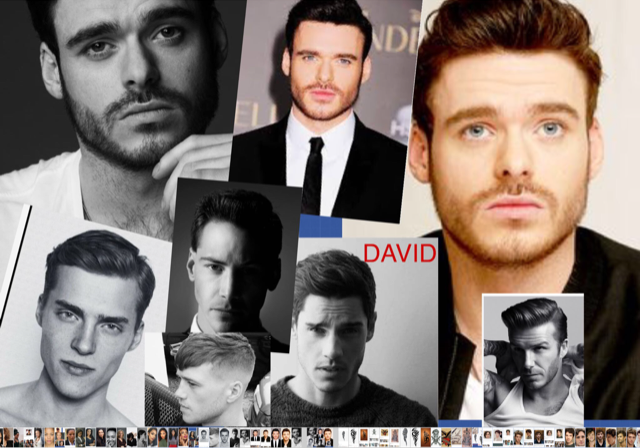
(Credit: My Alehammar)
She adds, “I really, really, really love Richard Madden [who plays David Budd on the show]. He is phenomenal. He is so professional, he has been standing in the pissing rain, covered in [fake] blood and [fake] blood gets really cold, colder than normal water and he just took it, he was amazing.”
Tom Brookes, who portrays Andy Apsted, an ex-soldier who fought alongside David Budd in the series, “Was just phenomenal.” Alehammar adds, “He is so funny and to sit through a 2/2.5 hour make-up and we were poking him and we were gluing him and we were doing everything and he was absolutely fine with that.”
“I can't think of a single person that I didn't enjoy having in my chair,” she says.
On the make-ups that she's looking forward to seeing on screen during Bodyguard, Alehammar is tight-lipped.
"Well, I can't give anything away, but there will be one that is very cool, but everyone will know what that is anyway."
Bodyguard is on BBC One on Sundays at 9pm
Top tips for getting into make-up artistry
- Have a good knowledge of not only how to apply make-up, but how to style hair as well. This is essential when working in Britain as often productions will expect someone who can do both.
- Be prepared. Find out what kit is essential and make sure you have what you need when you start a job. When you are a junior there will be more senior people to help you, but it's good to go in with an idea of how to use most styling equipment.
- Wear appropriate footwear and dress weather and terrain appropriately. You'll be on your feet for hours at a time.
- Be assertive. Find out what needs doing and offer to pitch in wherever you can.
- Most importantly: have fun! The hours can be grueling, the weather can be challenging but it can be one of the the most fun jobs in the industry.


